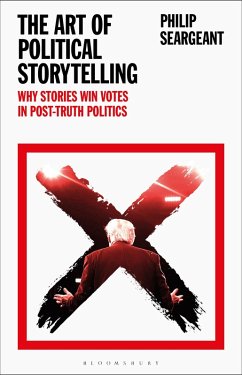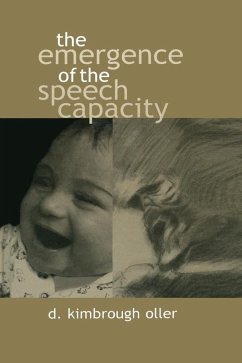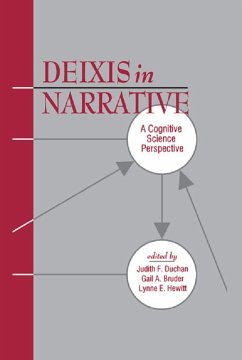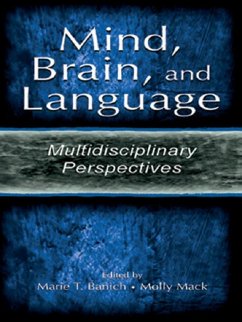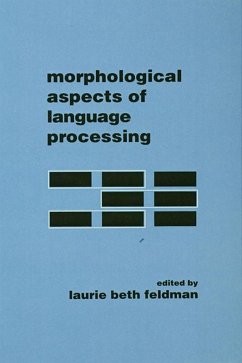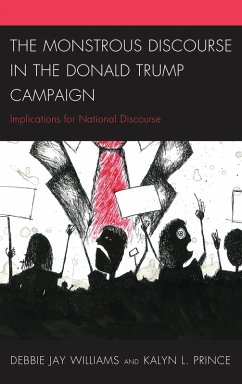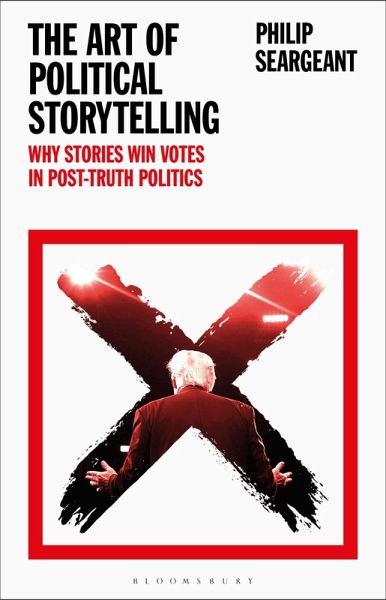
The Art of Political Storytelling (eBook, ePUB)
Why Stories Win Votes in Post-truth Politics
Versandkostenfrei!
Sofort per Download lieferbar
13,95 €
inkl. MwSt.
Weitere Ausgaben:

PAYBACK Punkte
7 °P sammeln!
In our post-truth world, tapping into people's emotions has proved far more effective than rational argument - and, as Philip Seargeant argues in this illuminating and entertaining book, the most powerful tool for manipulating emotions is a gripping narrative. From Trump's America to Brexit Britain, weaving a good story, featuring fearless protagonists, challenging quests against seemingly insurmountable odds, and soundbite after soundbite of memorable dialogue has been at the heart of political success. So does an understanding of the art of storytelling help explain today's successful politi...
In our post-truth world, tapping into people's emotions has proved far more effective than rational argument - and, as Philip Seargeant argues in this illuminating and entertaining book, the most powerful tool for manipulating emotions is a gripping narrative. From Trump's America to Brexit Britain, weaving a good story, featuring fearless protagonists, challenging quests against seemingly insurmountable odds, and soundbite after soundbite of memorable dialogue has been at the heart of political success. So does an understanding of the art of storytelling help explain today's successful political movements? Can it translate into a blueprint for victory at the ballot box? The Art of Political Storytelling looks at how stories are created, shared and contested, illuminating the pivotal role that persuasive storytelling plays in shaping our understanding of the political world we live in. By mastering the tools and tricks of narrative, and evaluating the language and rhetorical strategies used to craft and enact them, Seargeant explains how and why today's combination of new media, populism and partisanship makes storytelling an ever more important part of the persuasive and political process. In doing so, the book offers an original and compelling way of understanding the chaotic world of today's politics.




